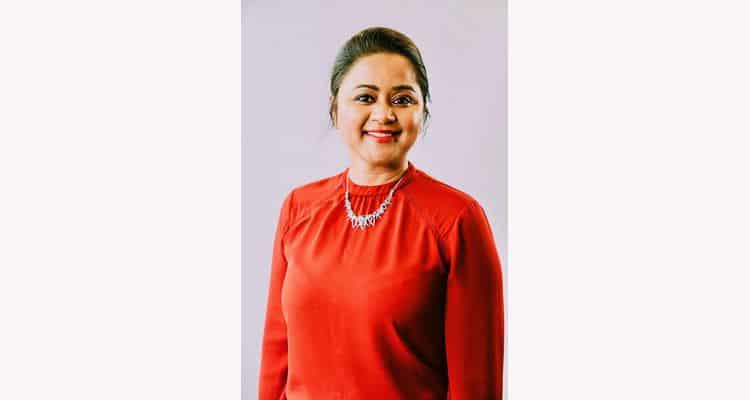Mamta Purbey, Executive Director, Enrolment Management, American University of Antigua talks about the impact of COVID on medical studies
Among the many challenges COVID-19 threw up, the limitation of physical engagement and mobility was life-changing. These limitations affected the way people lived, worked, shopped, connected dramatically. However, most of all, it impacted the way students accessed education globally. Due to travel restrictions in several countries, students could not travel to their educational destinations for in-person classes. Remote learning took centre stage. It redefined the way teachers taught, students learnt, and the global education system operated.
Global Indian Medical Educational (GIME) institutions such as Manipal’s American University of Antigua (AUA) have always been sensitive to the ever-evolving learning needs of students drawn from different geographies, cultures or educational systems. During COVID-19, global institutions made significant investments to scale up cutting edge technology backbone to rapidly facilitate remote learning for students and train faculty and staff to adapt to the ‘New Normal’. Online learning mode was swiftly adopted within a week of in-person classes shutting down.
When the pandemic hit North America, in-person classes moved to remote learning models for pre-clinical students. Leading GIME institutions adopted digital Learning Management Systems (LMS) and lecture capture software to augment the in-person teaching format. Professors conducted classes through video communication tools like Microsoft Teams and Zoom. Apart from the lectures, small group sessions and interactive engagements were also run through these tools. We managed simultaneous and staggered teaching sessions across seven time zones in the US, Canada, UK, Middle East, Africa, India and the far East.
Students at colleges with a strong technology foundation had the advantage of using digital anatomy labs and virtual simulation lab sessions to undertake practical learning sessions. These state-of-the-art technology platforms helped deliver the pre-clinical curriculum without any significant deviation from in-person formats and with no disruption to students’ education.
Students of the Clinical Sciences stream were impacted as hospitals in the US took the cautious step of discontinuing clinical clerkships to keep students safe. Virtual clinical rotations and discussions, subject-specific and Multidisciplinary Grand Rounds*, and elective rotations in collaboration with clinical partners helped students gain real-life, experiential learning without direct patient contact. Where feasible, alternative rotations at teaching hospitals in regions less impacted by the pandemic helped students gain on-ground patient care experience.
Based on the regulatory changes in New York introduced in 2020, we collaborated with the Health Care Association New York State, NY Presbyterian, Interfaith Medical Center and Bronx Care to establish in-person service-learning for Community Medicine through elective rotations for our students. They gained not only invaluable clinical experience through these rotations but also won heartfelt appreciation from community members and colleagues for their contributions.
To address the regulatory restrictions of in-person engagements and address safety concerns of students, GIME institutions like ours redesigned the Grand Rounds in the clinical curriculum for Internal Medicine, Surgery, Psychiatry, Obstetrics & Gynecology and Pediatrics in a multidisciplinary format. Students who signed up for subject-specific Grand Rounds or Multi-Disciplinary Grand Rounds were taken on board full time by faculty members to limit widespread physical interactions across multiple locations and departments. While the learning content and faculty-student interactions were conducted simultaneously, we delivered supplemental educational materials through videos and other tools.
Global medical colleges developed a remote interdisciplinary Telemedicine elective rotation opportunity with clinical teaching hospitals that combined in-person and real-time patient engagements. Clinical rotations were supplemented with mandated standardized case vignettes**.
The pandemic disrupted the normal tenor of life and living in more ways than one, no doubt. However, adopting a flexible strategy backed by a strong technology backbone makes it possible to pivot to new ways of delivering world-class medical education seamlessly.
*Grand rounds are part of medical education and in-patient care where the patient’s medical issues and proposed treatments are discussed with an audience of senior doctors and residents, medical students
** Case vignettes is a methodology adopted for medical studies whereby resident doctors study a particular medical case with community impact. They present a case study on the topic outlining salient features and measures for managing impact, including treatment options to their peers.
- Advertisement -


